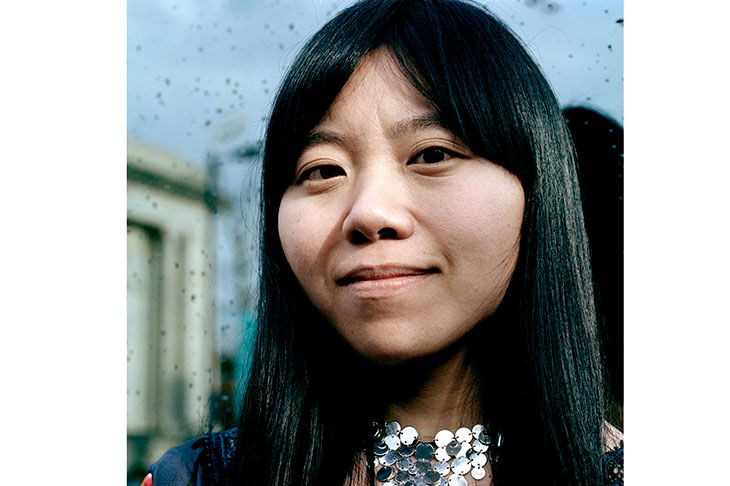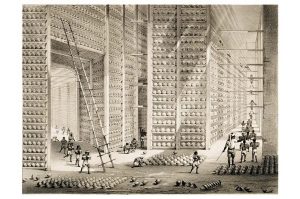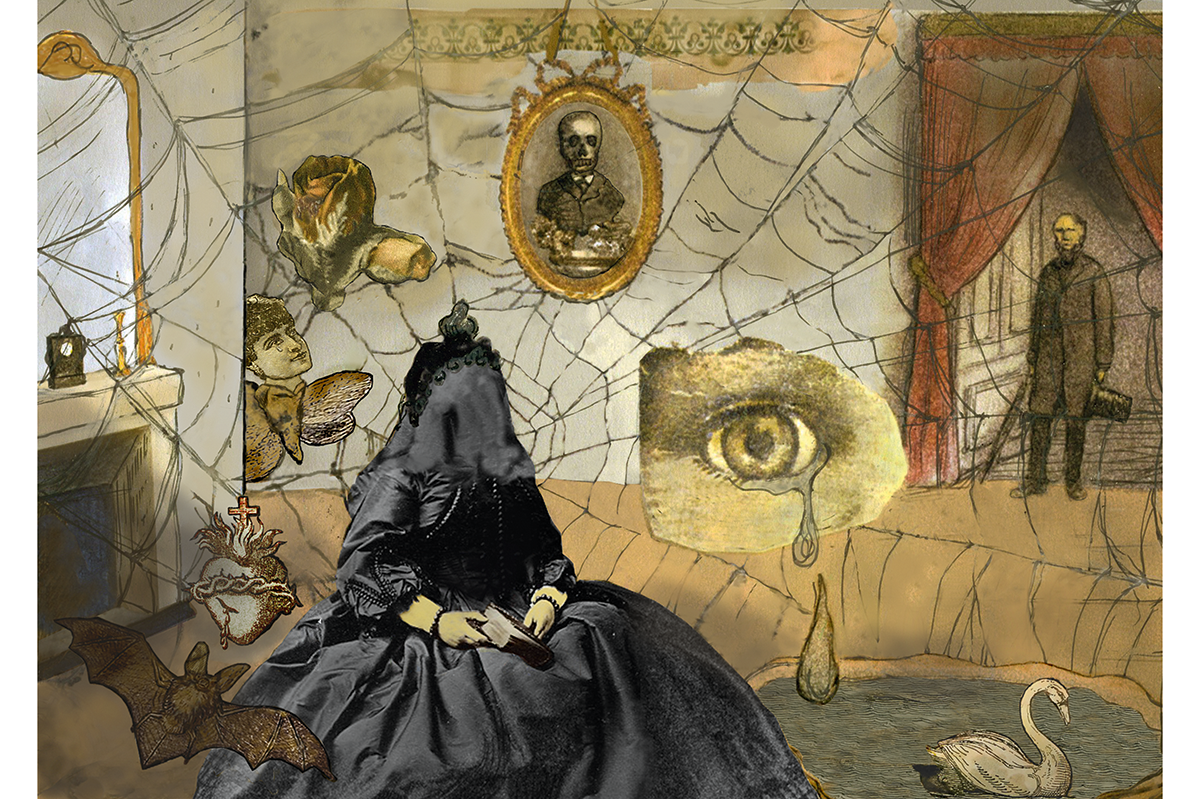The novelist, memoirist and filmmaker Xiaolu Guo writes with tremendous delicacy and nuance about migration, language, alienation and love. A Lover’s Discourse is a series of poetic miniatures, sometimes just a page long, following the unnamed female Chinese narrator, living in London to pursue a PhD, and her relationship with a similarly unnamed German-English architect.
Some early humor comes from the mutual misunderstandings of two hugely different cultures, as when she mishears Hanover as hangover and is mystified when he describes himself as a Wasp. But these episodes are less farcical misunderstandings than opportunities to muse on the spaces between us all and how words obscure as much as clarify.
The plot is a thread of non-sequential events — they move in together on a houseboat, she travels to China on fieldwork for her PhD, they visit first Australia and later his parents in Germany, she becomes pregnant — without any real narrative arc beyond the deepening of their relationship. This seems to occur almost without romance or rapture, in a series of postgraduate-level conversations about art, architecture, memory and belonging. (They’re well-suited like that.)
Each short chapter — averaging perhaps three pages — is a tiny resonant moment from which Guo draws usually for questions rather than answers, to end in doubt and distance. They are almost the equivalents in prose of Larkin’s more dramatic poems, modulating from experience to the narrator’s thoughts, then visions of difference and isolation.
Underlying this are recurring themes: the notion of the real and the copy; division and dislocation (as with Brexit); the difficulties of communication and the limits of language; the search for a home; how experience brands you for life. Each is handled skillfully and unobtrusively (unless you consider the conversations rather contrived), making A Lover’s Discourse a huge tasting menu rather than a solid meal of names and events.
There is a certain overlap between the writing of Guo and other, especially female, authors from the Chinese diaspora such as Yiyun Li and Chia-Chia Lin: the superb poetic quality of the prose, the pessimism, the themes of family, migration and transplantation, the notion of memory and the quest for liberty. Each writer, however, retains a strong individual character, and that’s certainly true for A Lover’s Discourse. Here Guo has pared down every tiny chapter to its poetic essence so as to let the largest themes emerge, thus taking the reader from the verbal to something approaching the numinous.
This article is in The Spectator’s October 2020 US edition.

























